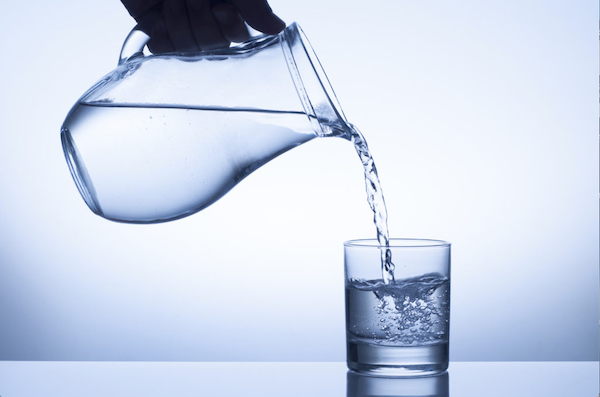Anyone may become dehydrated, but the condition is especially dangerous for young children and older adults. Older adults naturally have a lower volume of water in their bodies, and may have conditions or take medications that increase the risk of dehydration. For seniors, being dehydrated could cause confusion and anxiety, as well as an increased risk of heart disease, infection and falls if not getting enough fluids.
Severe dehydration is serious, and even life threatening.
There are many reasons older adults do not drink enough water. One is that as we age we may lose our sense of thirst, so they may not seem thirsty. Also because of continence issues, frailty or forgetfulness. Below are tips for incorporating more liquids into your daily life for people of all ages.
Avoid soda, coffee, tea, and alcohol.
Your body needs fluids, but not all fluids are equally beneficial. Caffeinated beverages such as coffee, tea, and some sodas have a dehydrating effect. The same is true for alcohol.
Keep a water bottle handy at all times.
Because seniors can have a diminished capacity to recognize thirst, and some seniors might have difficulty moving around, keeping a full water bottle with you will remind you to drink up each time you look at it.
Drink a full glass of water with any non-mealtime medication.
If you take non-mealtime medication three times a day, this will automatically get you three glasses of water.
Replace water lost through environmental factors and exercise.
Since water is lost through perspiration, keep a water bottle with you when you exercise and when you’re outside in warm weather.
If you hate the taste of water, add a little natural flavor.
There’s no need to pay for fancy water. Add a squeeze of fresh lemon, lime, or orange to flavor your own water. For more variety, try putting some sliced melon or cucumber into a pitcher of water.
Eat foods with high water content.
Fresh fruits and veggies, along with broth, gelatin snacks, ice pops, and Italian ices contain lots of water — and they can help hydrate you.
If you start to feel sick, start sipping water immediately.
Vomiting and diarrhea can dehydrate you. If you can’t tolerate water, suck on crushed ice or an ice pop.
Use a straw or squeeze bottle.
Either method can help when you’re not up to sitting up and drinking directly from a glass.
Drink throughout the day.
Consistent hydration is better than flooding your system with a large quantity of water all at once. Independent seniors need to remind themselves about hydration, and setting alarms at intervals throughout the day can help. You can also leave sticky notes around your home to remind you to drink more water.

